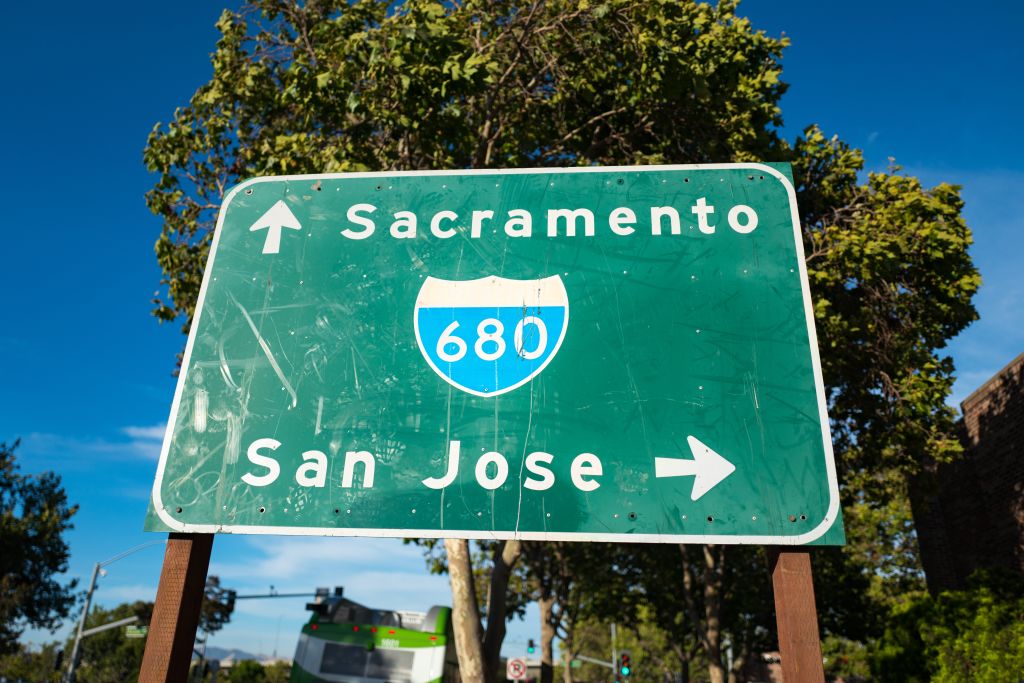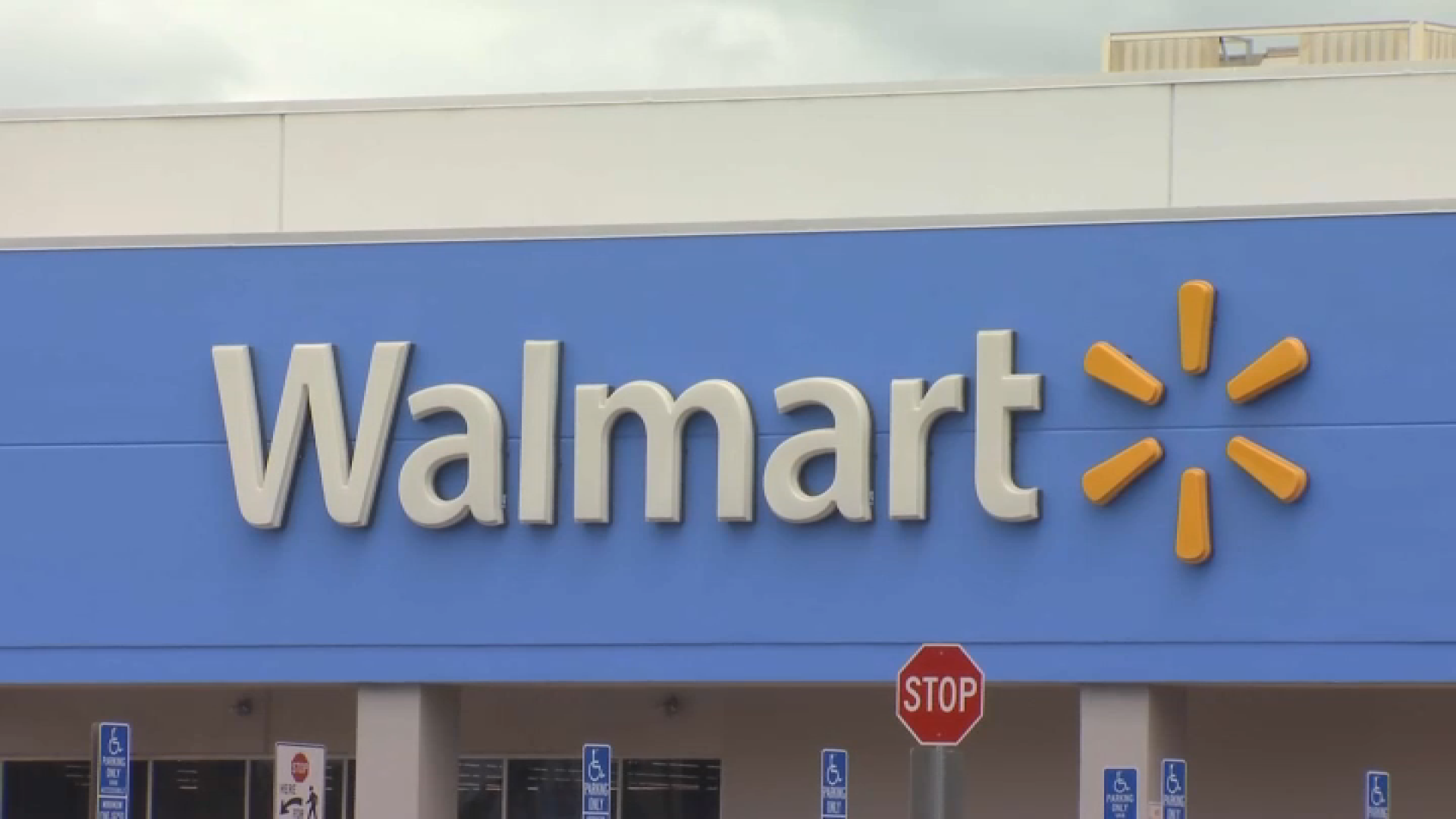Vindication, finally, for California Governor Jerry Brown.
The savvy, sassy, dynamic state leader who’s never shy about proclaiming the potency of his programs declared a moral victory, of sorts.
In a speech to the California School Employees Association this week, Brown pointed to a new report from one of Wall Street’s most venerable institutions, Standard and Poor’s credit agency, as proof that his path to close the inequality gap is one worth pursuing.
“A very conservative source, Standard and Poor’s…came out with an economic analysis of why economic growth has been slower in this recovery than in any other recovery since World War II,” Brown observed. “And guess what it came up with? It came up with inequality!”
The report he’s citing, which you can read here, indeed warns the American public that “the current level of income inequality in the U.S. is dampening GDP growth,” putting the clamps on an economy that is still trying to recover from the Great Recession.
But does it trumpet Brown’s plan, and validate his more liberal policies?
A closer look at the S&P report shows that this claim is simply not true.
Local
“I think know we have official approval of progressive or egalitarian policies coming right out of Wall Street,” Brown declared. “So maybe Wall Street might catch up with Main Street, if they keep studying the facts.”
In his latest turn as governor, Brown has pushed for a number of ‘egalitarian’ policies: He pushed the legislature to raise the state’s minimum wage, rallied voters to approve Prop 30, which taxes the richest Californians to provide more money to local schools, and revamped the state’s funding formula when it comes to our poorest students.
These policies, however, are not mentioned by the S&P report as any kind of surefire solution -- or even a good one.
With respect to higher taxation on wealthy voters, the report notes:
“Any clear-headed consideration of these options must recognize that heavy taxation--solely to reduce wage inequality--could do more damage than good.”
And a boost in the minimum wage?
While the report concludes that a hike in the *federal minimum wage could bring hundreds of thousands of people above the poverty line, it also cautions the following:
“Raising the minimum wage is not without negative consequences. Reduced labor demands resulting from higher wages could reduce potential hires by 500,000 jobs, according to CBO estimates.”
The most significant cause of income inequality, according to this document, is an education gap. Those with a college education, the authors find, are more prepared to take advantage of a high-tech, global economy, while those without one are watching lower-skill jobs evaporate before their eyes.
To Gov. Brown’s credit, he has made access to quality education a priority for California’s neediest students.
But is this Wall Street report a ringing endorsement of his platform?
The reality is it is not an endorsement, nor a criticism of Brown’s “progressive, egalitarian” policies.
It’s a warning flag that income inequality is a rising problem, one which has many possible, but imperfect, solutions.



